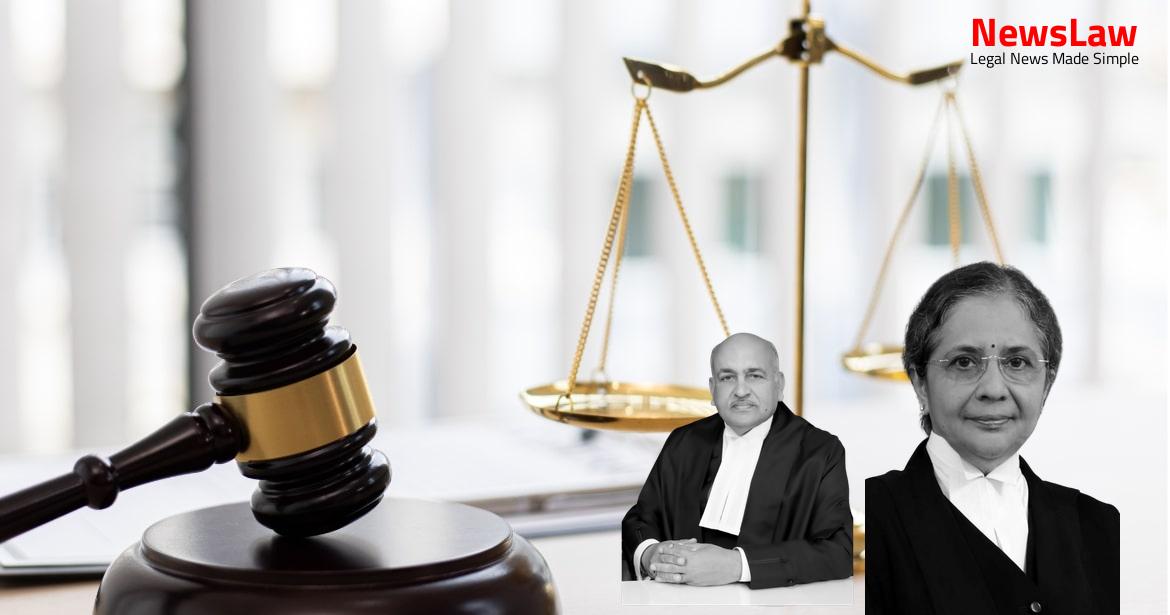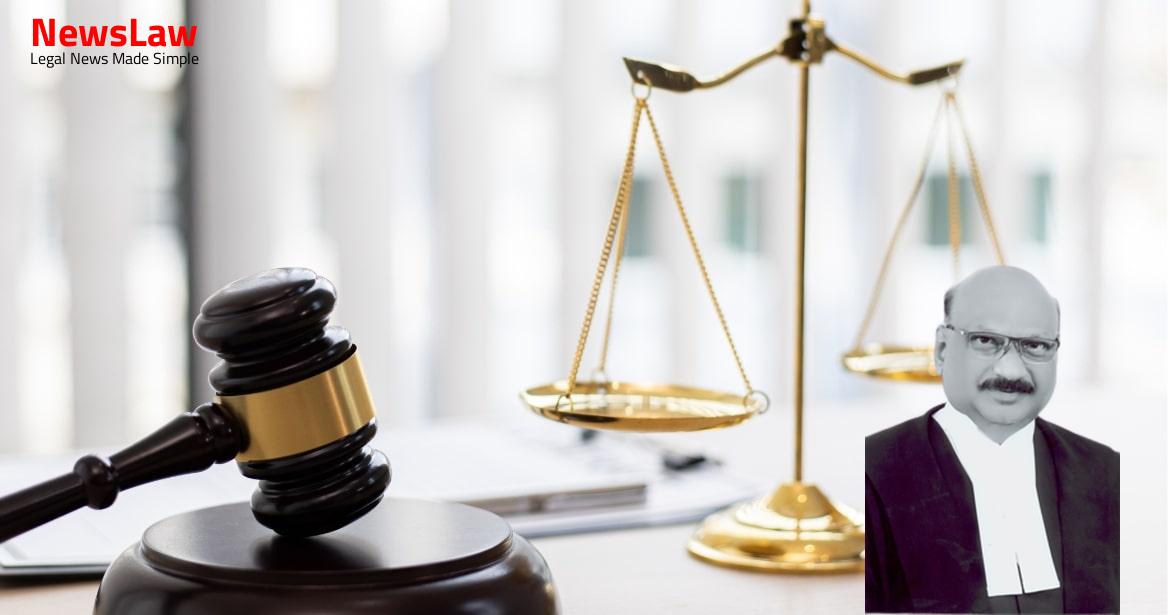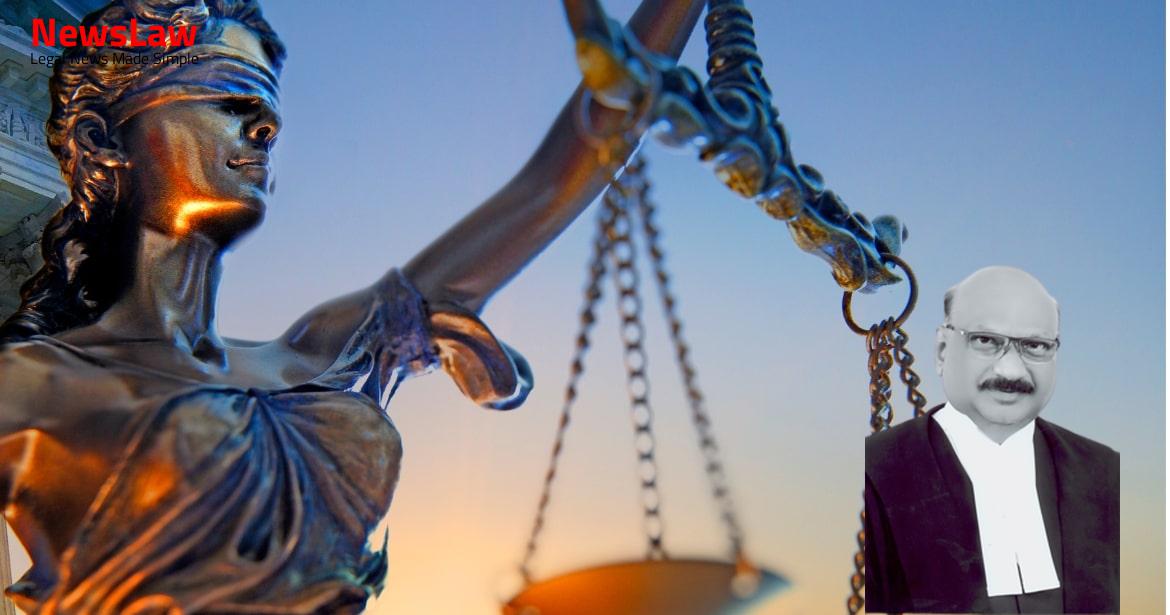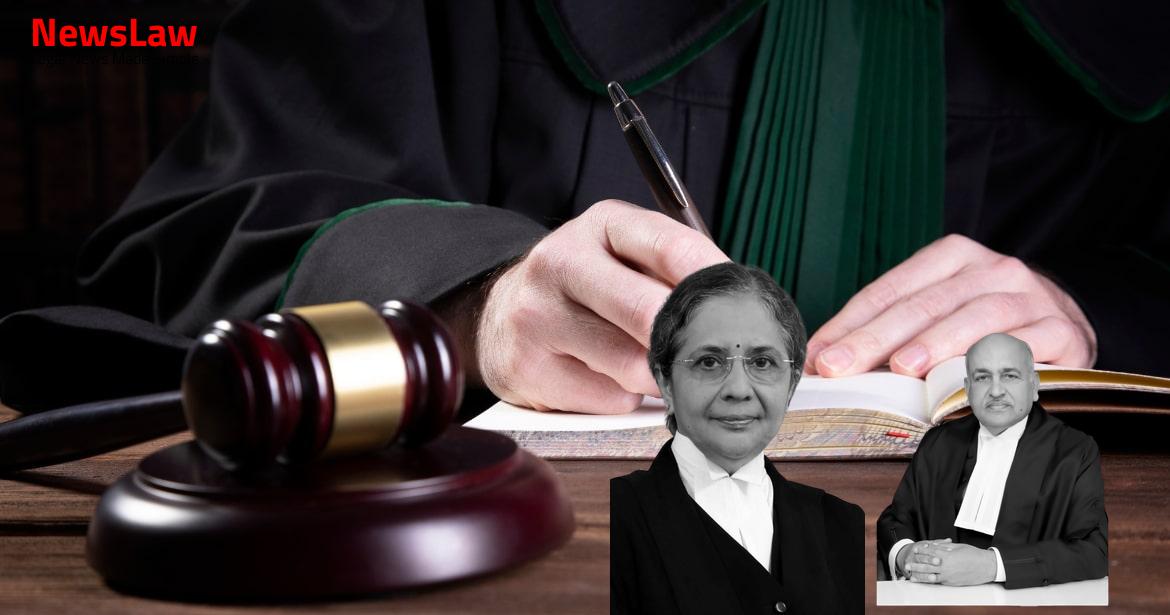In the realm of legal proceedings, the concept of limitation plays a crucial role in ensuring the timely resolution of disputes and maintaining a balance between legal rights and the finality of judgments. A recent judgment by the Supreme Court of India in Special Leave Petition (Civil) No. 31248 of 2018, titled Pathapati Subba Reddy (Died) by L.Rs. & Ors. vs. The Special Deputy Collector (LA), delves into the intricate dynamics of condonation of delay in filing an appeal under the Land Acquisition Act. This case study sheds light on the complexities faced by heirs and legal representatives seeking to challenge adverse judgments after considerable lapses in time. Let’s explore the nuances of this judgment and its implications on the interpretation of limitation laws in pursuit of justice.
Facts
- Out of the 16 claimants in the reference, only the heirs and legal representatives of deceased claimant No 11 filed the appeal.
- The proposed appellants are the surviving second daughter and her descendants of the deceased claimant No.11.
- The appeal was filed with a delay of 5659 days after the reference was dismissed on 24.09.1999.
- The reference was dismissed on merits along with some other references, upholding the collector’s award.
- No steps were taken to substitute the heirs and legal representatives of the deceased claimants No. 1, 3, and 11.
Also Read: Conviction Set Aside: Court Grants Benefit of Doubt in Assault Case
Issue
- The issue at hand is whether the High Court was justified in refusing to condone the delay in filing the proposed appeal and dismissing it as barred by limitation.
- The law of limitation is based on the legal maxim ‘interest reipublicae ut sit finis litium’ which emphasizes the importance of setting a time limit for litigation for the general welfare.
- The purpose of limitation laws is to bring a conclusion to legal disputes and avoid indefinite prolongation of litigation.
- Statutes of limitation and prescription are considered statutes of peace and repose by the courts, aiming to cease rights and remedies that have not been exercised for a long period.
Also Read: Supreme Court Upholds Conviction of Appellant for Murder of Spouse
Analysis
- Law of limitation is based on public policy to end litigation by forfeiting the remedy rather than the right.
- Sections of the Limitation Act are construed differently – Section 3 strictly and Section 5 liberally.
- Merits of the case are not required to be considered in condoning the delay.
- Courts have discretion to condone delay if sufficient cause is explained, but may not exercise it for factors like negligence.
- Imposing conditions for delay condonation goes against statutory provisions.
- Court should not adopt an injustice-oriented approach in condoning delays.
- A balance between liberal interpretation of Section 5 and strict interpretation of Section 3 of the Limitation Act must be maintained.
- Existence of ‘sufficient cause’ for delay is a condition precedent to exercising discretionary power to condone the delay.
- Section 3 of the Limitation Act stipulates that any suit, appeal, or application filed after the prescribed period shall be dismissed, even if the defense of limitation is not raised.
- This dismissal is subject to exceptions listed in Sections 4 to 24 of the Limitation Act.
- Section 3(1) of the Limitation Act explicitly states the bar of limitation.
- Merits of a case cannot be considered when dealing with an application for condonation of delay in filing an appeal.
- The discretion to condone the delay must be based on the facts and circumstances of each case and exercised judiciously.
- The expression ‘sufficient cause’ as in Section 5 of the Limitation Act cannot be liberally interpreted in case of negligence, inaction, or lack of bona fide.
- Courts cannot grant an exemption from limitation on equitable grounds.
- Inconvenience is not a decisive factor while interpreting a statute.
- Substantive rights accrue to a decree-holder after the expiry of the limitation period for filing an appeal.
- Excusing the delay in filing an appeal is at the discretionary jurisdiction of the court, even after a ‘sufficient cause’ has been shown.
- Law of limitation must be applied rigorously when prescribed by the statute.
- The interest of justice should prevail over technical considerations in condoning delay for ‘sufficient cause.’
- The High Court was justified in refusing to condone the delay in filing the appeal.
- The petitioners could have applied for procedural review if they had not been substituted and made party to the reference before its decision.
- There is no due diligence on the part of the claimants in pursuing the matter.
- The High Court’s decision to refuse to condone the inordinate delay in filing the proposed appeal should not be interfered with.
- The claimants were negligent in pursuing the reference and filing the proposed appeal.
- Most of the claimants have accepted the decision of the reference court.
- There is no reason to interfere with the discretion exercised by the High Court based on the reasons recorded.
Also Read: Legal Analysis: Effect of Termination on Consequent Promotion
Decision
- The Special Leave Petition lacks merit
- The Special Leave Petition is dismissed
Case Title: PATHAPATI SUBBA REDDY (DIED) BY LRS AND ORS Vs. SPECIAL DEPUTY COLLECTOR (LA) (2024 INSC 286)
Case Number: SLP(C) No.-031248 / 2018



